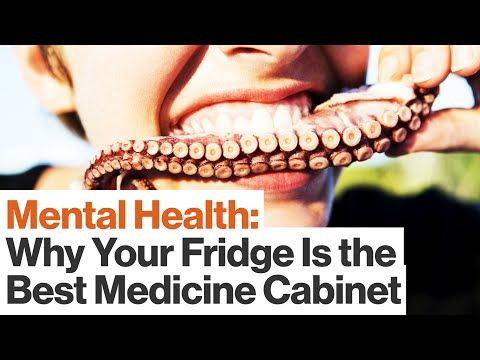Diet For Treating Depression: How Our Mental Health Is Affected By The Foods We Eat

The connection between diet and depression is a lot stronger than you might assume, says a Columbia University psychiatrist.
In a recent video for Big Think, Dr. Drew Ramsey, author of Eat Complete: The 21 Nutrients That Fuel Brainpower, Boost Weight Loss, and Transform Your Health, as well as an assistant clinical professor of psychiatry at Columbia, detailed the research surrounding the topic.
Not only have people with depression and other mental disorders been found to be more likely suffering from nutritional deficiencies (particularly vitamin D), but repairing these gaps in diet has led to improvements in their symptoms. Elsewhere, other research has found that diets high in foods that cause inflammation are associated with a higher risk of depression in women. Overall, Ramsey estimates that the right sort of diet may reduce the risk of depression by as much as 50 percent.
As for what that right sort of diet is, Ramsey references a recent 2015 study which found that people who stuck to a modified Mediterranean diet — one that contained nuts, legumes, fruits and vegetables as well as a little red meat — were the least likely to develop depression over a ten-year period, particularly for those who already had Type 2 diabetes.
In the end, Ramsey notes, it’s really about making sure your dinner plate is chock full of leafy greens and nutritionally dense foods — all important fuels for a healthy brain.
Published by Medicaldaily.com



























